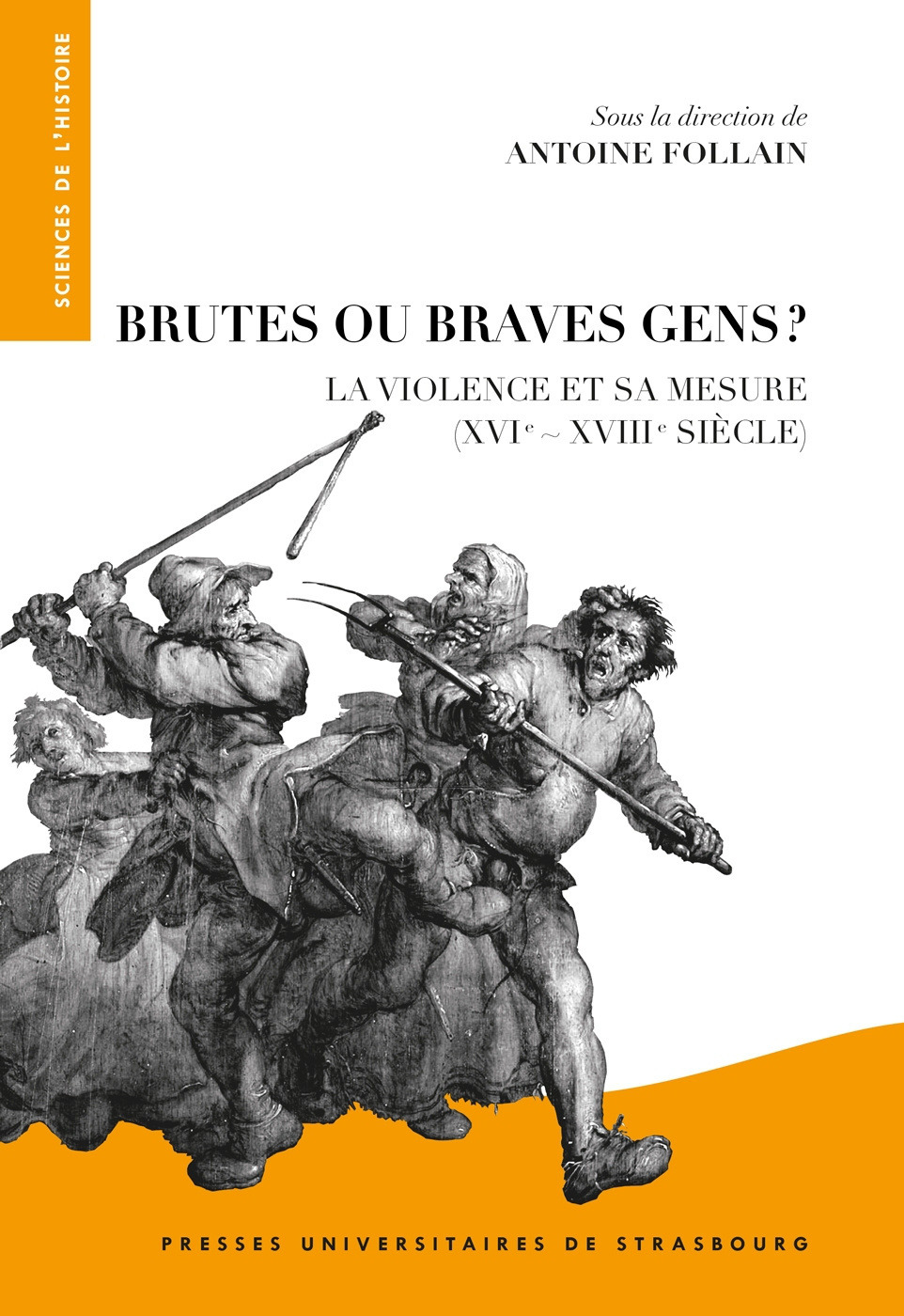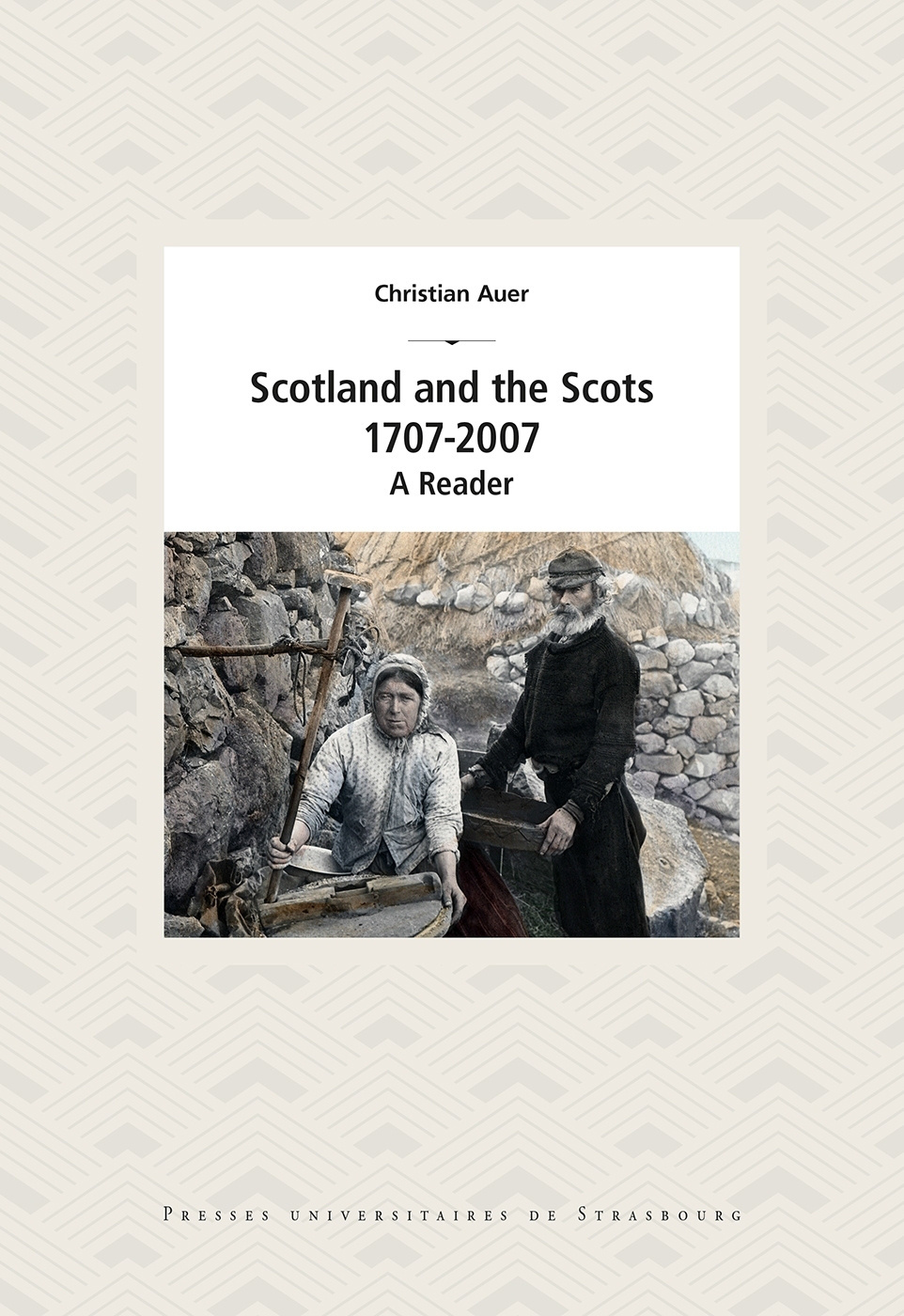- les PUS
- thématiques
-
- collections
-
- revues
-
- auteurs
- catalogue
- newsletter
Menu
Fruit des travaux du Study Group on Eighteenth-Century. Russia, ce recueil de vingt contributions internationales renouvelle l’historiographie de l’Empire russe au cours du long XVIIIe siècle.
This volume offers a selection of contributions to the tenth international conference of the Study Group on Eighteenth-Century Russia, held in 2018 at Strasbourg University, France, to commemorate the fiftieth anniversary of the Study Group’s founding. The papers published in this volume cover Russia’s “long eighteenth century”, from the reign of Peter I (1682-1725) to the reign of Alexander I (1801-1825). The eight main sections reflect the interdisciplinary approach of the Study Group. They focus on: the historiographical evolution of eighteenth-century Russian studies over the last fifty years; the practices of power by the Russian state; the geography of contacts and trade; the work of cultural brokers between Russia and Europe; the writing of subjectivity; gender in historical and literary context; literary practices and traditions; and the relationship between literature and power. The afterword is a retrospective of the Study Group’s history by its President, Professor Anthony G. Cross.
Introduction
Rodolphe BAUDIN (Sorbonne University), Alexeï EVSTRATOV (Grenoble Alpes University), Paul KEENAN (London School of Economics), Vladislav RJÉOUTSKI (German Historical Institute, Paris)
I. Rethinking the Paradigms
– Consciousness, Concepts and Agency in Eighteenth-Century Russia: from Histoire Totale to Histoire Croisée
Elise KIMERLING WIRTSCHAFTER (California State Polytechnic University, Pomona, CA)
– The Historiographies of Russian Culture: The Perspective of Fifty Years
Gary MARKER (Stony Brook University, NY)
II. State and Power Practices
– The Problem of the Succession to the Throne in Eighteenth-Century Russia: The “Declaration of Rights” and Pravda voli monarshei in Catherine II’s Papers
Elena MARASINOVA (Institute of Russian History, Russian Academy of Sciences, Moscow)
– Count Otto Heinrich Igelström and the Failure of Enlightened Reform in Russia’s Southern Empire
Ricarda VULPIUS (University of Münster)
III. Geographies of Contact and Trade Practices
– “Most Favoured Nation” or “Half Colony”?: Conflicting Interpretations of the Anglo-Russian Commercial Treaty of 1734
Tilman PLATH (University of Greifswald)
– The System of Transit Trade of English Merchants with Iran via Russia in the 1730s and 1740s
Vera P. SIDOROVA (Moscow Region State University)
IV. Brokers and the Circulation of Cultural Practices
– Quiet Observers or Secret Protagonists? Foreign Diplomats at the Court of Emperor Peter III
Tatiana TRAUTMANN (University of Kiel)
– Enlightened Education at the Russian Court: The Swiss Governesses at Work
Danièle TOSATO-RIGO (University of Lausanne)
– James Galiffe’s Experience as a Teacher: The Social and Intellectual Strategies of an Impoverished Geneva Patrician in Early Nineteenth-Century Russia
Rodolphe Baudin (Sorbonne University, Paris)
– Samuel Bentham’s Mission to Russia (1805-1807) and the Saint Petersburg Panopticon
Roger Bartlett (University College London)
V. Reflecting Personal Experience
and Writing the Self in Eighteenth-Century Russia
– Forms and Methods of Structuring Memoir Narratives in Late Eighteenth-Century Russia
Alexandra Veselova (Institute of Russian Literature, Russian Academy of Sciences, Saint Petersburg)
– The Everyday Religious Life of a Russian Officer during the Seven Years War: Andrei T. Bolotov and the Activities of the Russian Orthodox Mission in Prussia
Mikhail P. Miliutin (Saint Petersburg State University’s Academic Gymnasium)
– Shaping One’s Self in Letters: Mikhail N. Murav’ëv as an honnête homme of the Catherinian Period
Alexandr Ivinskiy (A. M. Gorky Institute of World Literature, Russian Academy of Sciences, Moscow)
VI. Being and Writing Female
– The Everyday Life of Russian Women during the Reign of Peter I
Anastasia Vidnichuk (Higher School of Economics, Moscow)
– Natal’ia A. Neelova’s Literary Experiment: French Novels and the Elite Woman Writer in Eighteenth-Century Russia
Sara Dickinson (University of Genoa)
– The Gender-Genre Question in Ekaterina S. Urusova’s Rogneda
Amanda Ewington (Davidson College, NC)
VII. Literary Practices and Traditions
– On Bible and Liturgical Borrowings in the Odic Poetry of Mikhail V. Lomonosov and Vasilii P. Petrov
Evgenii Matveev (University of Jena)
– European Sentimental Bestsellers in Russia
Hilde Hoogenboom (Arizona State University, AZ)
VIII. Literature and Politics: Forms of Literary Discourse
– The “Ideal” Russia in the Correspondence between Valentin Jameray-Duval and Anastasiia I. Sokolova
Angelina Vacheva (Sofia University St. Kliment Ohridski)
– The Topic of Peace in Nikolai M. Karamzin’s Letters of a Russian Traveller
Joachim Klein (University of Leiden)
Afterword
– The Study Group on Eighteenth-Century Russia: The First 50 Years
Anthony G. Cross (University of Cambridge)
French Abstracts/Résumés en français
Table of contents
27,00 € TTC




Presses Universitaires de Strasbourg
Université de Strasbourg
4, rue Blaise Pascal – CS 90032
67081 Strasbourg cedex
tél. +33 (0)3 68 85 62 65
2024 – tous droits réservés